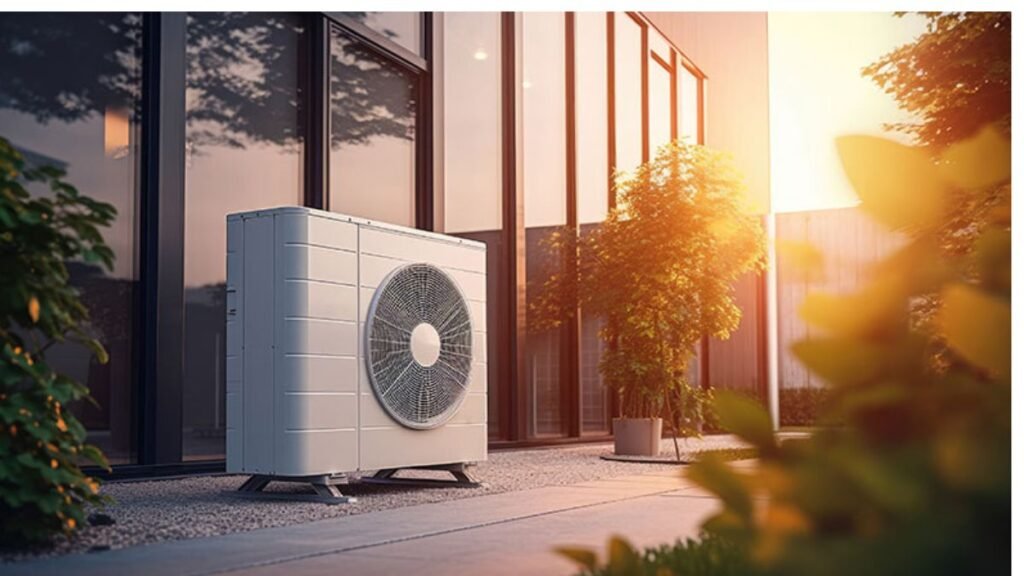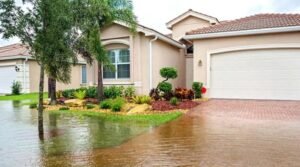Key Takeaways:
- Discover efficient heating technologies that reduce energy waste.
- Learn about sustainable practices in home heating.
- Understand cost-effective methods for maintaining a warm home.
Introduction
Maximizing home heating efficiency is crucial, especially when sustainability and cost-saving are paramount. By adopting efficient heating solutions, homeowners can experience reduced energy waste and lower bills while minimizing their carbon footprint. Improving energy efficiency in your home benefits individual households and contributes to global efforts to tackle climate change. For those seeking expert guidance, especially around HVAC systems installations Baltimore MD, local specialists offer comprehensive services and insights to enhance home heating systems.
The Basics of Efficient Heating Systems
Traditional heating systems, relying on fossil fuels, often cause significant energy losses due to outdated technology and inefficient transfer methods. Modern systems, like condensing boilers, use advanced technologies to maximize energy efficiency and reduce waste. Heat exchangers help recover heat, reduce utility bills, and promote a more environmentally responsible lifestyle. Transitioning from traditional to modern heating solutions could lead to more sustainable living environments, supporting economic and ecological goals.
Smart Thermostats and Their Impact
Smart thermostats are a simple yet transformative way to improve heating system efficiency. In addition to learning homeowners’ habits and preferences, these gadgets provide homeowners with control over their heating schedules. They automatically adjust temperatures to prevent energy waste. For example, they can lower the heating during the day and raise it before occupants return home. According to a recent Department of Energy analysis, smart thermostats save significant household energy, frequently lowering heating expenses by up to 10% yearly.
Insulation: The Backbone of Effective Heating
Insulation is crucial for maintaining an effective heating system by trapping heat within the home. Homeowners should conduct thorough inspections to identify areas with higher heat loss, such as attics, basements, and older windows. Enhancing these spaces can improve heat retention, provide a more pleasant living space, and lower expenses and energy use. By lowering the need for excessive heating, prolonging the life of heating systems, and lowering energy costs, this proactive approach to house insulation is a long-term investment that pays dividends.
Solar Heating: Harnessing Nature’s Warmth
Solar heating systems are gaining popularity as they provide homeowners a sustainable and eco-friendly way to heat their homes. This method harnesses natural energy from the sun, reducing reliance on fossil fuels and utilizing the sun’s renewable energy. Installing solar panels can significantly reduce heating bills, making it an attractive option for sustainability. Despite initial investment, long-term savings and environmental benefits outweigh the costs, making solar technology a worthwhile choice. This approach reduces carbon emissions and empowers homeowners to combat climate change.
Hybrid Heating Systems: A Modern Approach
Hybrid heating systems are modern, sophisticated home heating solutions that alternate between electricity, gas, and solar power. They allow for dynamic responses to energy demands and costs, prioritizing solar heating during abundant solar energy and switching to gas or electricity during overcast days. This flexibility optimizes energy use, reduces heating costs, and aligns with sustainability goals by minimizing environmental impact. Hybrid heating systems are a testament to innovative advancements in home heating solutions, paving the way for more sustainable energy management in residential settings.
Maintaining Your Heating System for Longevity
Routine maintenance is crucial for your heating system’s lifetime and effectiveness. It involves tasks like changing filters, cleaning vents, and checking ducts. Homeowners should schedule professional inspections at least once a year to identify potential issues before they escalate into costly repairs. A well-maintained system provides consistent performance and minimizes energy waste. Regular upkeep safeguards your investment, increases the system’s longevity, and guarantees it will continue functioning well, offering years of comfort and savings.
Incorporating Renewable Energy Sources
Renewable energy sources like geothermal and biomass are used in home heating to meet the growing demand for sustainable living. Geothermal systems lower greenhouse gas emissions by heating and cooling houses utilizing the earth’s constant subsurface temperatures. Biomass systems use organic materials like wood pellets, which are burned in high-efficiency stoves or boilers. The National Renewable Energy Laboratory offers resources on these renewable options, helping homeowners make informed decisions. Incorporating renewable energy in home heating reduces carbon footprints and aligns with global efforts towards cleaner energy sources.
Future Trends in Home Heating
Future trends in home heating are set to revolutionize energy use and efficiency. AI-driven heating systems, advanced energy storage solutions, and advancements in building materials aim to reduce energy consumption. These technologies, advanced batteries, and smart windows offer greater energy savings and flexibility, even in off-grid situations. These advancements are crucial for achieving sustainability goals and paving the way for a more eco-friendly and energy-efficient future.
Conclusion
Efficient heating solutions, such as smart thermostats, insulation, and renewable energy, are crucial for promoting sustainability and economic savings. People who keep up with the newest technological advancements are better equipped to make judgments that are advantageous to the environment and themselves. It benefits personal well-being and contributes to a more sustainable future for all. Staying informed about heating solutions and sustainability initiatives is essential for a sustainable future.


